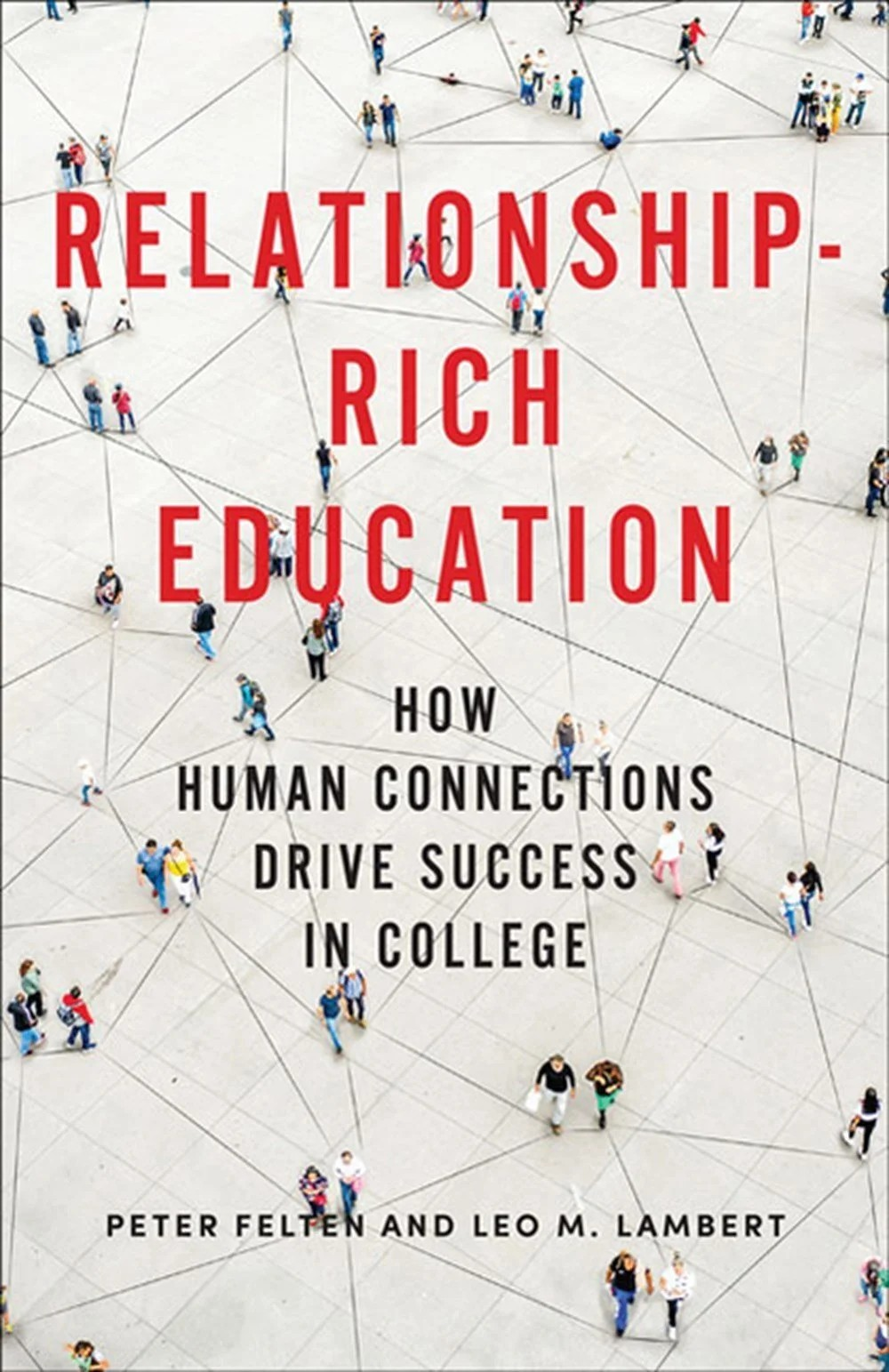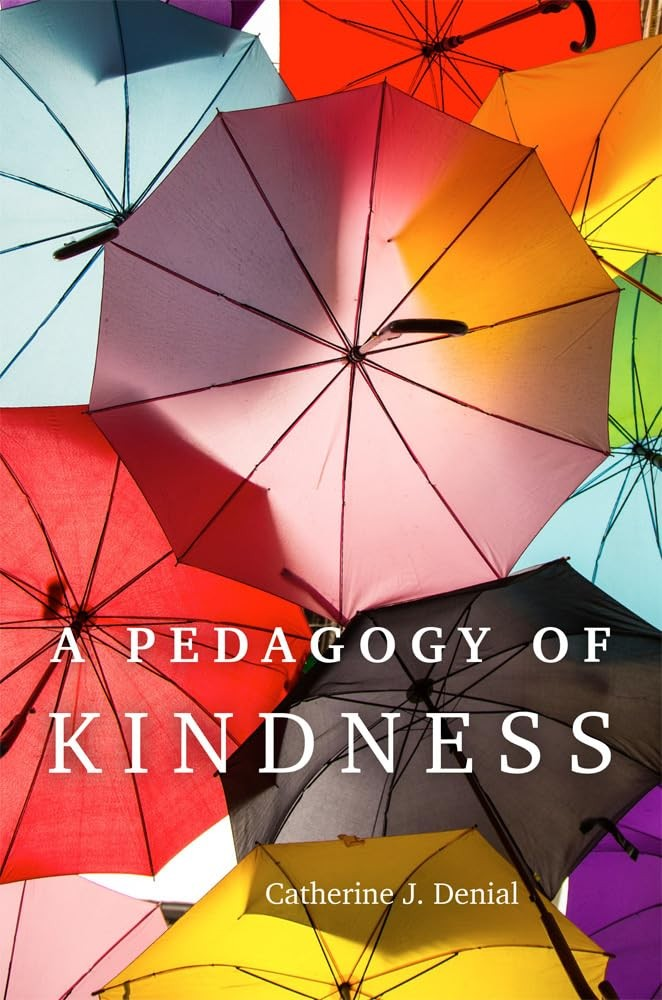New Faculty Book Baskets
The ECTL has an endowment from the Ellbogen Foundation for new faculty book baskets that we hand out during new faculty orientation. In addition to the baskets and some awesome swag, we including books on teaching and learning. This year’s books are:
How Learning Works
 |
|
The New College Classroom
 |
|
New Faculty Learning Community
In-Person: Mondays. 10:00am to 11:30am MST | Coe Library 510
Dates: 9/8, 9/29, 10/20, 11/3, 11/17, 12/1
Online: Tuesday, 11:00am to 12:30pm MST
Dates: 9/9, 9/30, 10/21, 11/4, 11/18, 12/2
This learning community for new faculty offers valuable insights for educators at all experience levels, from novices to seasoned professionals. You'll gain access to an online, non-credit course comprising six comprehensive modules. These modules cover various topics, including crafting effective student learning outcomes, implementing active learning techniques, and mastering online teaching strategies. The flexible format allows you to engage with the content as much or as little as you need, tailoring your experience to your specific requirements. Each module includes a brief assignment, which we'll discuss in synchronous sessions held in-person and via Zoom throughout the semester. By participating in these groups, you'll reflect on pedagogical best practices and forge connections with faculty across various disciplines on campus.
Registration Due:
Friday, August 30th, 2024
Teaching Tips
A compilation of teaching tips and messages from contributors across the country.
2021-22 Teaching Messages Collection
2019-20 Teaching Messages Collection
2018-2019 Teaching Issues Writing Consortium Teaching Tips
Additional Resources
The ECTL has a wealth of resources that promote “best-practice” pedagogies in support of the active pursuit of teaching and learning excellence. We encourage all instructors to browse our website for more information about the ECTL and the resources we make available to UW’s teaching community.

